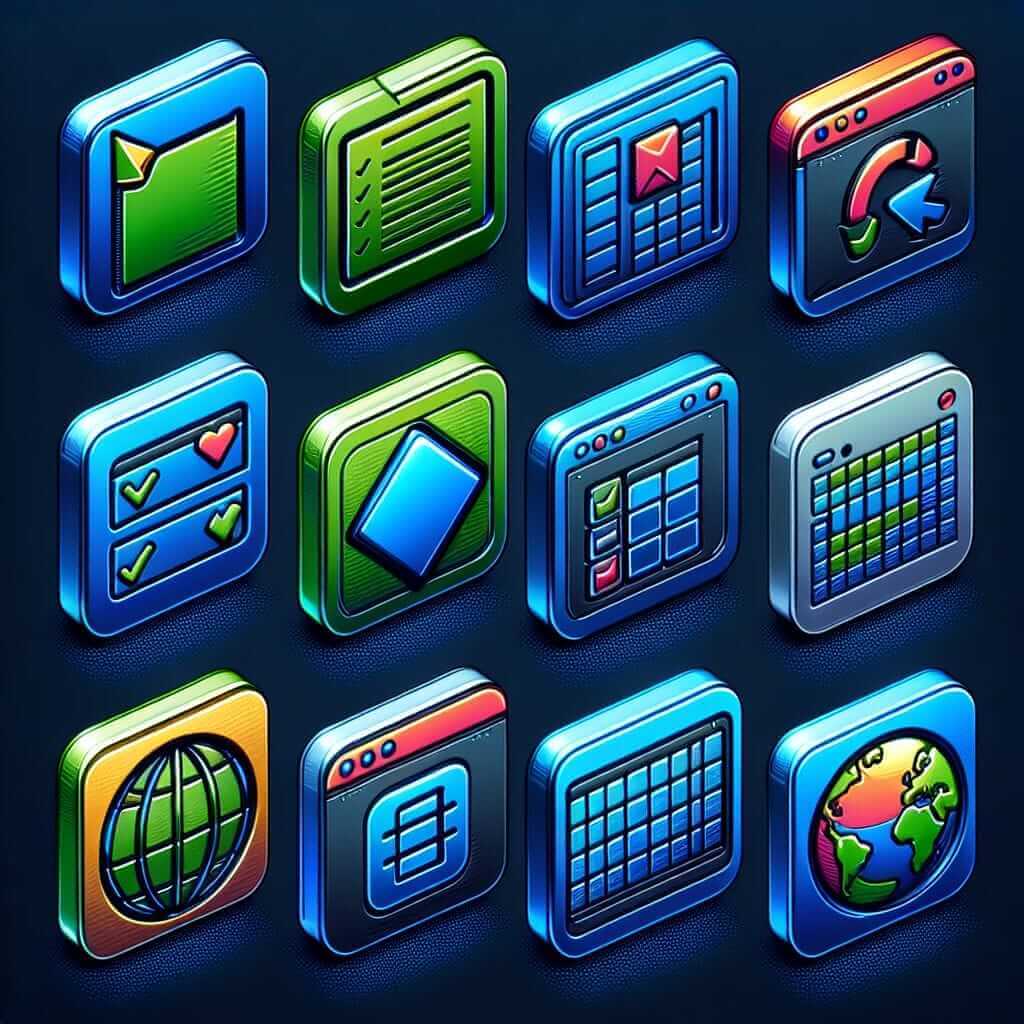The IELTS exam often tests your knowledge of technology-related vocabulary, and “software” is a frequently occurring term. In this article, we will delve into the meaning of “software”, explore its synonyms and antonyms, analyze its relevance in the IELTS exam, and provide you with valuable tips and examples to enhance your vocabulary and boost your IELTS score.
Understanding “Software”
Pronunciation: /ˈsɒftweə(r)/
Part of Speech: Noun
Definition: Software refers to the programs and other operating information used by a computer. It encompasses a wide range of applications, systems, and programs that instruct a computer on how to perform specific tasks.
Example:
The new software allowed the company to automate their accounting processes, saving time and reducing errors.

Synonyms and Antonyms of “Software”
Synonyms:
- Applications
- Programs
- Apps (short for applications)
- System software
- Operating system (OS)
Antonyms:
- Hardware
“Software” in the IELTS Exam
The term “software” frequently appears in various sections of the IELTS exam, including:
-
Listening: You may encounter lectures or conversations discussing software development, technological advancements, or the impact of software on different industries.
-
Reading: Passages about computer science, technology trends, or the role of software in modern society often use this term.
-
Writing Task 2: Essay topics related to technology, automation, or the impact of computers on society may require you to discuss software.
Utilizing “Software” in Your IELTS Responses
Writing Task 2 Example:
Topic: Some people believe that the widespread use of artificial intelligence (AI) and automation will lead to significant job losses. To what extent do you agree or disagree?
Sample Response:
The increasing use of software applications powered by artificial intelligence (AI) has sparked widespread debate about its potential impact on employment. While it is true that some jobs may become automated, I firmly believe that AI will ultimately create more opportunities than it eliminates. … (continue with your essay)
Speaking Part 3 Example:
Examiner: What are some of the challenges faced by software developers today?
Candidate: Well, one major challenge is keeping up with the rapid pace of technological advancements. Software development is a constantly evolving field, and developers need to continuously update their skills and knowledge to stay relevant… (continue with your response)
Combining “Software” with Other Words
To enhance your vocabulary and demonstrate fluency, try using “software” in combination with other relevant words:
- Software engineer: A professional who designs and develops software applications.
- Software development: The process of creating and maintaining software.
- Software industry: The sector of the economy that produces and distributes software.
- Software piracy: The illegal copying and distribution of software.
Idioms and Expressions with “Software”
While there are no specific idioms using “software,” you can use it in various expressions:
- “Cutting-edge software”: Refers to the most advanced and innovative software available.
- “User-friendly software”: Describes software that is easy to use and navigate.
- “Buggy software”: Refers to software that has errors or flaws.
Conclusion
Mastering technology-related vocabulary is crucial for achieving a high IELTS score. Understanding the meaning of “software” and its related terms, as well as being able to use them effectively in your speaking and writing, will undoubtedly enhance your performance on the exam. Remember to practice using this vocabulary in context to solidify your understanding and improve your fluency.